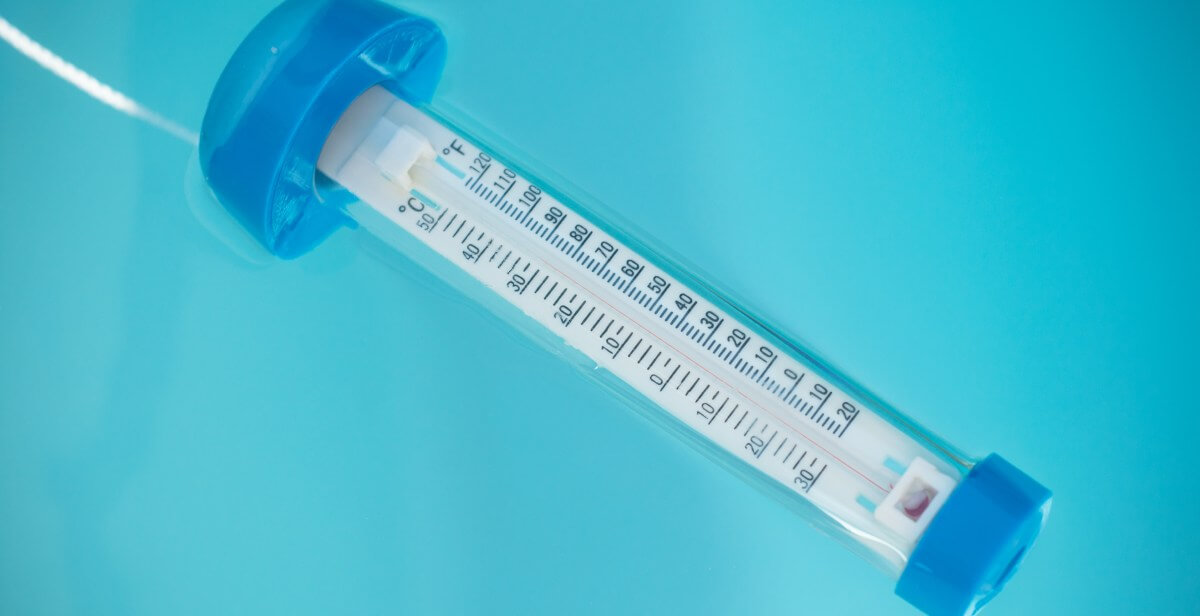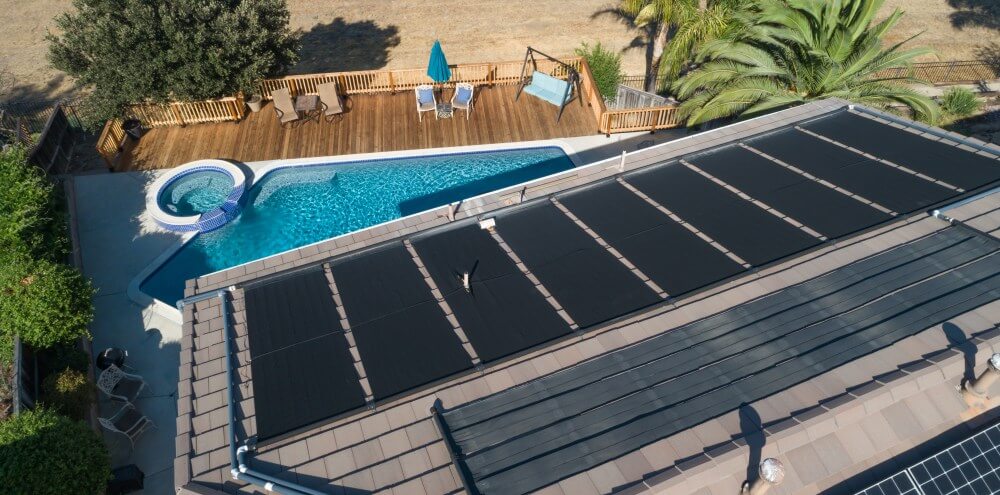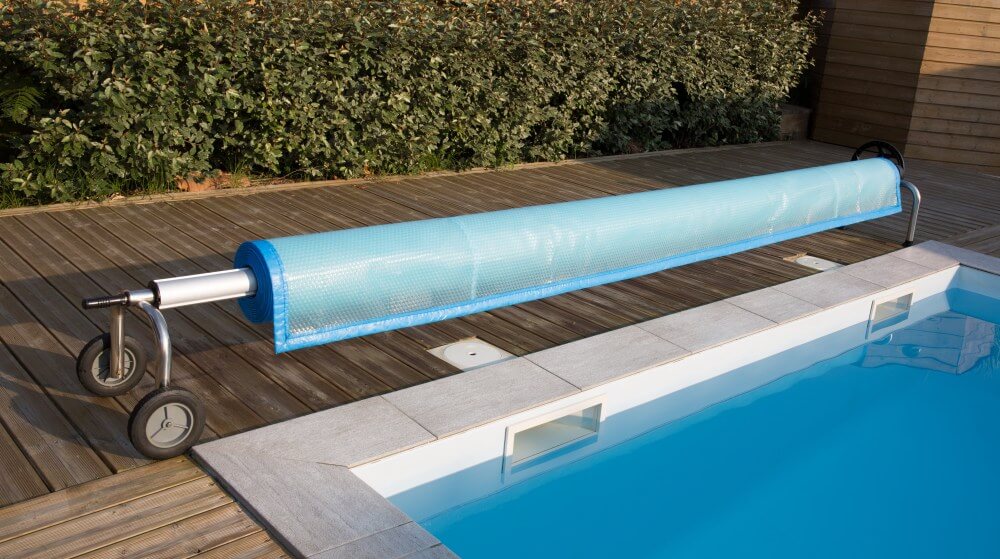There are so many different swimming pool options in the market that you may feel overwhelmed. Before you decide to get a heating system, several factors need to be considered.
Energy source
It’s important to understand which sources are easily accessible to you and if they are available locally. The most commonly used energy source in swimming pool heating systems is electricity and gas. Talk to your pool builder and find a reasonable operating cost for the different energy sources then you can choose the best one for your pool.
Hot water or forced air
When it comes to the distribution system of heat in your pool, even distribution of heat in needs to be ensured. Heat is distributed through registers and ducts in a forced air heating system. On the other hand, the hot water system uses a boiler to heat the water which is then moved around through plastic piping or copper piping. An advantage of the forced air heating system is that the registers or ducts can be utilised for humidifying and filtering the air. On the other hand, the hot water system of distribution gives off even temperatures throughout the whole pool.
Efficiency of pool heaters
Efficiency should actually be the most important factor when choosing a heating system for your swimming pool. The more efficient a pool heating system is, the less it will cost in terms of operational costs.
Overall cost
When you are comparing the heating cost for your pool, do not just compare the initial cost of getting that heater. Be aware of the long-term costs that will arise when running your equipment and the maintenance cost.
Size of the pool
It’s obvious that the bigger the pool, the larger the pool heating system has to be in order for it to function well. There are specific heaters that are assigned to specific pools. A large pool cannot use a small heater. However, there are some factors that need to be considered in a pool heater size. An example is if you as a pool owner wants to heat your pool only on the weekends. You can decide to get a heater that will heat up your pool quickly like a gas heater. On the other hand, if you want to have a moderate temperature in your pool, a small pool heater could be used but it will not be energy efficient.
Budget
Other than the upfront cost there are some subsequent costs that you will have to consider before you get your pool heating system. Every heater comes with its own maintenance costs. A gas pool heater is usually the cheaper to buy than a heat pump pool heater. However, heat pump pool heaters have typically much lower annual operating costs because of their higher efficiencies. A solar heater uses solar energy which is free, therefore, the monthly costs will be way less than the gas heater. However, your pool may not be heated by cloudy and rainy weather. Thus, a combination of gas and solar or electric and solar pool heaters should be considered in some cases.
The climate
Since all pool heaters work differently, the climate where the pool is situated plays an important role in determining what type of pool heater to get. If you live in areas where there are a lot of direct sunlight, then a heat pump or a solar heater will work efficiently for your swimming pool. If you live in states where the weather is a bit extreme, then the gas pump is probably the best choice for you.
Tips for maintaining a pool heater

Like all the other parts of a pool, the pool heater requires regular maintenance to maintain its efficiency and durability. Each heater requires its own special maintenance routine.
Heat pumps
The primary issue that most people with heat pumps have is the low water flow as a problem. Ensure you’ve checked the valves in order to make sure that they are fully functional and that they are open to ensure the pump is getting enough water going through it. Afterwards, you can check the filter to ensure that it requires no cleaning. Next will be the power and heat sources. Check all the power sources including the connections and the breaker for any faulty wiring. If you find any, contact your electrician and have them fixed. If you have no heat in your pool then check the thermostat and ensure its set on a higher temperature than that of the pool water. In general, the heat pump should only be operated with an outside temperature above 10 degrees Celsius.
- If you have low Freon, your heat pump has a setting that chance is its giving error codes. This is a common error and most of the time you will get it if it’s below 10°C.
- If you have an ice-covered unit then the temperature is below 10°C. Many heat pumps will shut off intentionally when ice begins to gather around it and it will start up again once the temperatures have reached safe operating levels.
Gas heaters
- If the pilot will not light, then ensure the gas pressure is normal and the vents are clear. This is the number one problem that most gas heater users’ experience.
- If the heater pump is not igniting, then ensure the thermostat is set to a higher temperature than the pool and the switch is turned on
- If the water is not warm enough, just adjust the thermostat.
- If you start seeing rust in your pool water then it means that the chemicals in your pool are starting to corrode your heater elements. Ensure your pool chemicals are well balanced.
Solar heater
- If you have a dirty filter in your solar heater it will not heat your pool as it should. Replace and check your filters regularly so that your pool remains heated all the time
- Many people who use solar heater have a problem of wanting to use the heater when there is not enough sunlight. Solar heaters require at least 4-6 hours of direct sunlight every day in order for it to work efficiently.
Ready do discuss pool heating? We are your local Geelong pool shop and showroom and our specialists led by Dean are happy to talk to you about your pool heating needs. Get in touch with us today!



